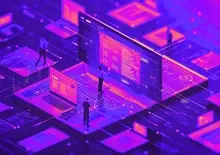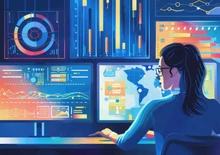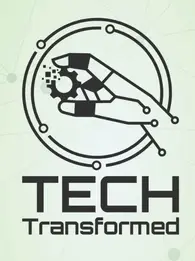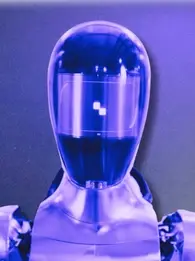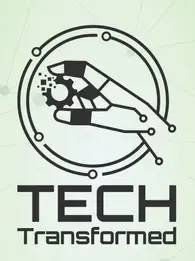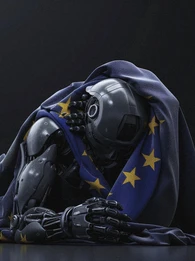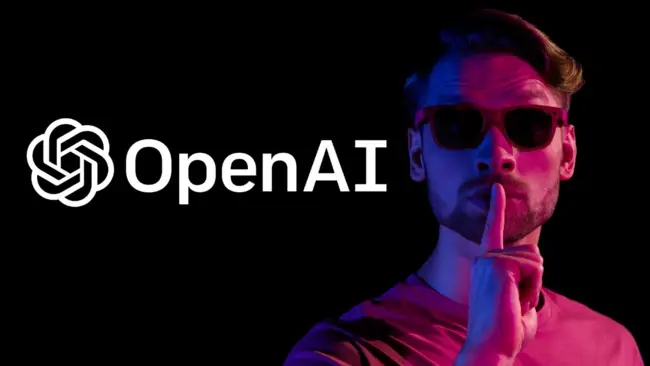
Technology news outlet CNET has admitted it used OpenAI’s ChatGPT to write over 70 articles after its 3-month-long “experiment with automation” was finally uncovered by experts.
The site’s adoption of the AI engine was unveiled last Thursday, January 11, when marketing expert Gael Breton tweeted that he had found a total of 75 finance articles published on CNET that had been generated by the generative AI engine.
Breton told his 12,000 followers that the articles dated back to as early as November 2022 and each bore the byline “CNET Money Staff” despite being generated by ChatGPT.
In a subsequent statement responding to Breton’s claims, CNET confirmed that its Money Editorial Team had begun “experimenting with AI,” but explained that it was using ChatGPT to assist the writing process rather than replace it.
“Every article on CNET is reviewed, fact-checked and edited by an editor with topical expertise before we hit publish, Connie Guglielmo, CNET’s Editor-in-Chief wrote, adding that “accuracy, independence and authority remain key principals of our editorial guidelines.”
CNET’s ChatGPT-crafted articles were limited to mundane financial queries such as “What is Compound Interest?” and How to Cash a Check Without a Bank Account”, but experts believe that soon AI could cover more complex topics ranging from basic story-telling to rocket science.
CNET said that it would continue using the AI engine to generate content but would assure all content generated by an AI engine was clearly marked as AI-generated going forward.
Workers made redundant by ChatGPT
CNET is not the only site found to be using ChatGPT since its release in November. Finance site Bankrate had also been publicly using the generative AI tool to write finance for brand and Search Engine Optimisation (SEO) strategies.
Looks like @CNET (DR 92 tech site) just did their coming out about using AI content for SEO articles. pic.twitter.com/CR0IkgUUnq
— Gael Breton (@GaelBreton) January 11, 2023
Bankrate uses the byline “Bankrate” to indicate that content has been “generated using automation technology,” telling its readers “a dedicated team of Bankrate editors oversees the automated content production process — from ideation to publication.”
As ChatGPT’s influence continues to transform the way content is produced in companies across all industries, AI optimists have suggested that creative workers could soon be replaced by AI technology.
Last month, Jackson Rayan, a reporter for CNET published an article explaining how “ChatGPT is a stunning AI, – but It definitely can’t do the job of a journalist – to say so diminishes the act of journalism itself.”
But while Rayan crafted her articles discussing the AI system, it was being used by her own publication to quietly publish articles for months, and no one noticed the difference.
But it’s not just content producers that could face their jobs being replaced by ChatGPT. Coders, artists, scientists and programmers could soon see their jobs impacted by the forthcoming AI revolution.
Sam Altman, CEO of OpenAI said that his generative AI chatbot is currently still in its development providing the world with “an early demo of what’s possible" in the future.
“Soon you will be able to have helpful assistants that talk to you, answer questions, and give advice. Later you can have something that goes off and does tasks for you. Eventually, you can have something that goes off and discovers new knowledge for you,” he explained.
Creators transformed into editors
While some experts warn AI systems could replace entire workforces, others have expressed their belief that the creative industries will simply adapt to AI technology rather than be replaced by it.
Industry experts have argued that generative AI technologies like ChatGPT lack human characteristics that define the creative roles and believe they will take over.
Greg Gottesman, Managing Director at Pioneer Square Labs, told GeekWire that rather than a future where AI controls entire editorial teams, we are instead "seeing the first inning of technology that will turn information workers — everyone from journalists to marketers to programmers — from the generators of content and code to editors of it.”
To read more about generative AI, visit our dedicated AI in the Enterprise Page.
Although AI has reached new heights in recent years, its potential is still hindered by key biases due to its over-reliance on data-led decision making which means it will likely always require the input of humans for the foreseeable future.
Yes, ChatGPT is amazing and impressive. No, @OpenAI has not come close to addressing the problem of bias. Filters appear to be bypassed with simple tricks, and superficially masked.
And what is lurking inside is egregious. @Abebab @sama
tw racism, sexism. pic.twitter.com/V4fw1fY9dY— steven t. piantadosi (@spiantado) December 4, 2022
This bias leads the chatbot to produce racially and gender-motivated responses based on the datasets it gets its answers from. For example, when you ask ChatGPT to write python code to calculate the best possible tech professional, it infamously produces a straight, white male.
While it does seem likely that AI intelligence will alter creative roles, the day it will replace them entirely remains in the distant future. And even then, humans’ desire to create will likely allow content creation to live on forever.




